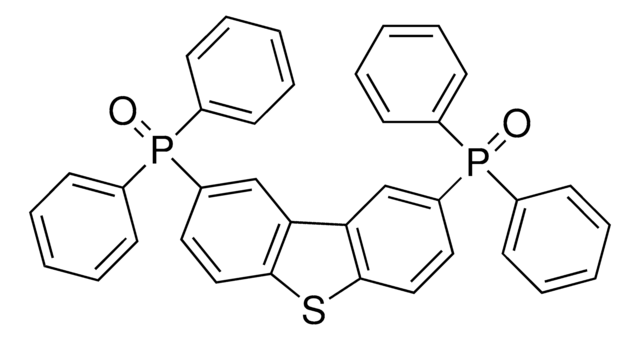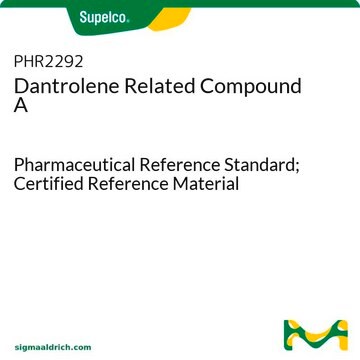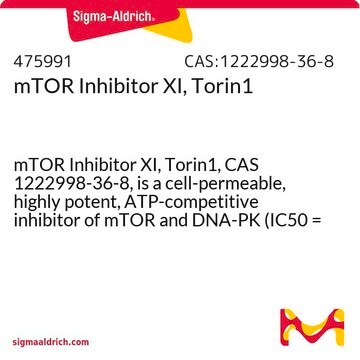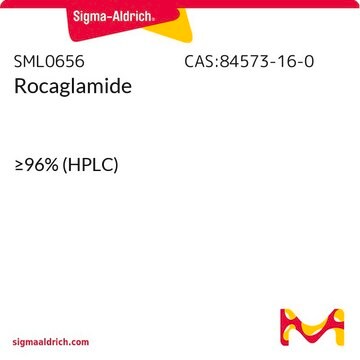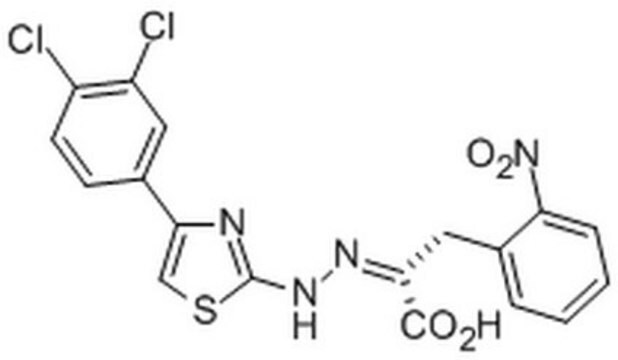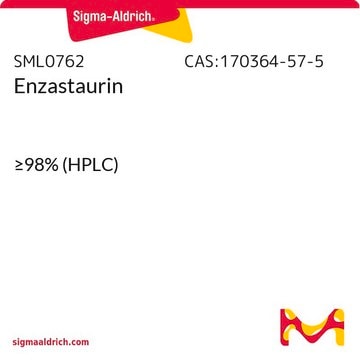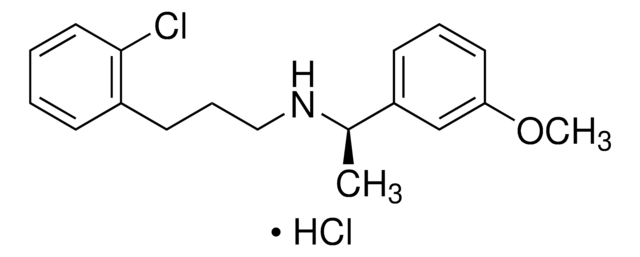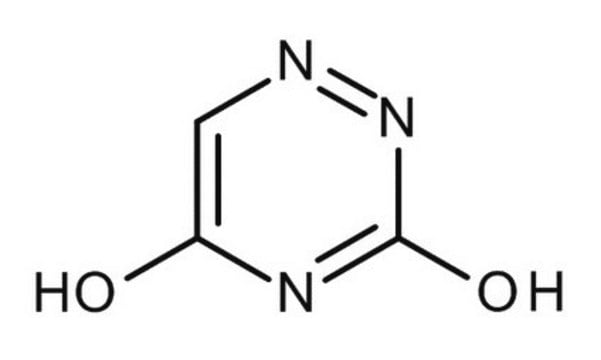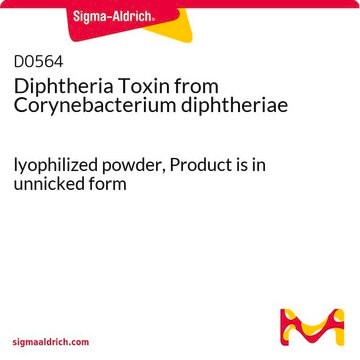SML0197
4E1RCat
≥97% (HPLC)
Synonyme(s) :
4-[(3E)-3-[[5-(4-nitrophenyl)furan-2-yl]methylidene]-2-oxo-5-phenylpyrrol-1-yl]benzoic acid
About This Item
Produits recommandés
Niveau de qualité
Pureté
≥97% (HPLC)
Forme
powder
Couleur
faint brown to dark brown-red
Solubilité
DMSO: ≥5 mg/mL
Auteur
Merck & Co., Inc., Kenilworth, NJ, U.S.
Température de stockage
2-8°C
Chaîne SMILES
OC(=O)c1ccc(cc1)N2C(=O)\C(=C\c3ccc(o3)-c4ccc(cc4)[N+]([O-])=O)C=C2c5ccccc5
InChI
1S/C28H18N2O6/c31-27-21(16-24-14-15-26(36-24)19-6-12-23(13-7-19)30(34)35)17-25(18-4-2-1-3-5-18)29(27)22-10-8-20(9-11-22)28(32)33/h1-17H,(H,32,33)/b21-16+
Clé InChI
BBQRBOIMSKMFFO-LTGZKZEYSA-N
Application
Actions biochimiques/physiologiques
Caractéristiques et avantages
Code de la classe de stockage
11 - Combustible Solids
Classe de danger pour l'eau (WGK)
WGK 3
Point d'éclair (°F)
Not applicable
Point d'éclair (°C)
Not applicable
Certificats d'analyse (COA)
Recherchez un Certificats d'analyse (COA) en saisissant le numéro de lot du produit. Les numéros de lot figurent sur l'étiquette du produit après les mots "Lot" ou "Batch".
Déjà en possession de ce produit ?
Retrouvez la documentation relative aux produits que vous avez récemment achetés dans la Bibliothèque de documents.
Les clients ont également consulté
Articles
We offer a variety of small molecule research tools, such as transcription factor modulators, inhibitors of chromatin modifying enzymes, and agonists/antagonists for target identification and validation in gene regulation research; a selection of these research tools is shown below.
We offer a variety of small molecule research tools, such as transcription factor modulators, inhibitors of chromatin modifying enzymes, and agonists/antagonists for target identification and validation in gene regulation research; a selection of these research tools is shown below.
We offer a variety of small molecule research tools, such as transcription factor modulators, inhibitors of chromatin modifying enzymes, and agonists/antagonists for target identification and validation in gene regulation research; a selection of these research tools is shown below.
We offer a variety of small molecule research tools, such as transcription factor modulators, inhibitors of chromatin modifying enzymes, and agonists/antagonists for target identification and validation in gene regulation research; a selection of these research tools is shown below.
Notre équipe de scientifiques dispose d'une expérience dans tous les secteurs de la recherche, notamment en sciences de la vie, science des matériaux, synthèse chimique, chromatographie, analyse et dans de nombreux autres domaines..
Contacter notre Service technique
